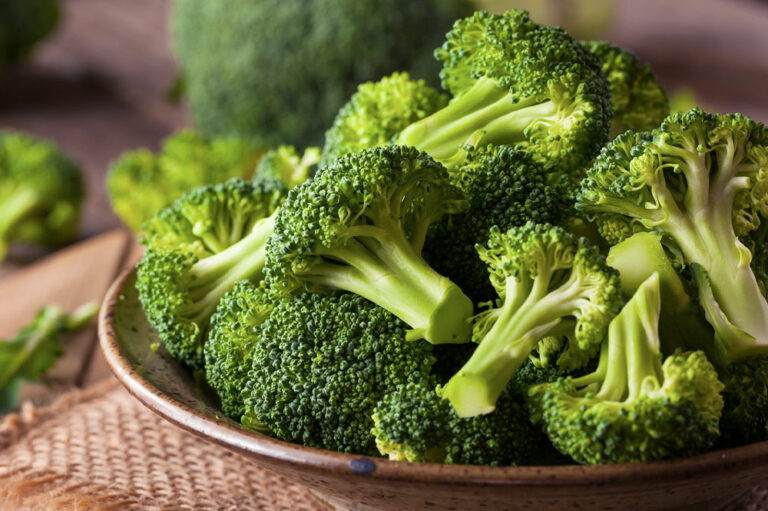
health
Multiple sclerosis – Foods to avoid for managing the condition
Multiple sclerosis is an autoimmune condition that affects the body’s CNS or central nervous system. It destroys the myelin sheath (covering of the nerve cells), which impacts the communication pathway between the brain and the body. Some symptoms include loss of bladder control, fatigue, vision problems, pain, and problems related to bowel movements. The condition does not yet have a cure. Its management involves a combination of treatment, food habits, and a healthy lifestyle. Saturated fats Foods rich in saturated fats have often been labeled bad for patients with various health conditions, including multiple sclerosis. They increase the levels of low-density lipoprotein (bad cholesterol) in the body, which raises the risk of heart attack, stroke, and atherosclerosis. A few common sources of saturated fats in daily meals include processed meat, red meat, butter, and cheese. It is highly advisable for patients with this condition to either avoid or cut down on these. Sugar Many are ignorant of the ill effects of excess sugar intake. Some of these harmful effects include increased inflammation in the body and lethargy. These, combined with decreased physical activity, can cause frequent flare-ups in patients. Therefore, to avoid worsening symptoms, one must avoid foods rich in refined sugars like soft drinks, candy, and chocolate bars.
Read More 









